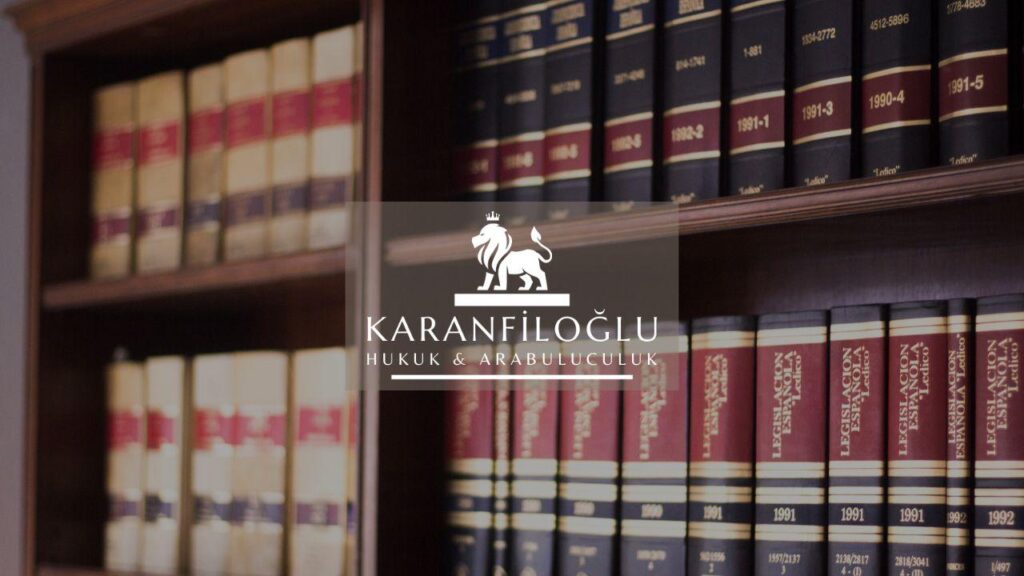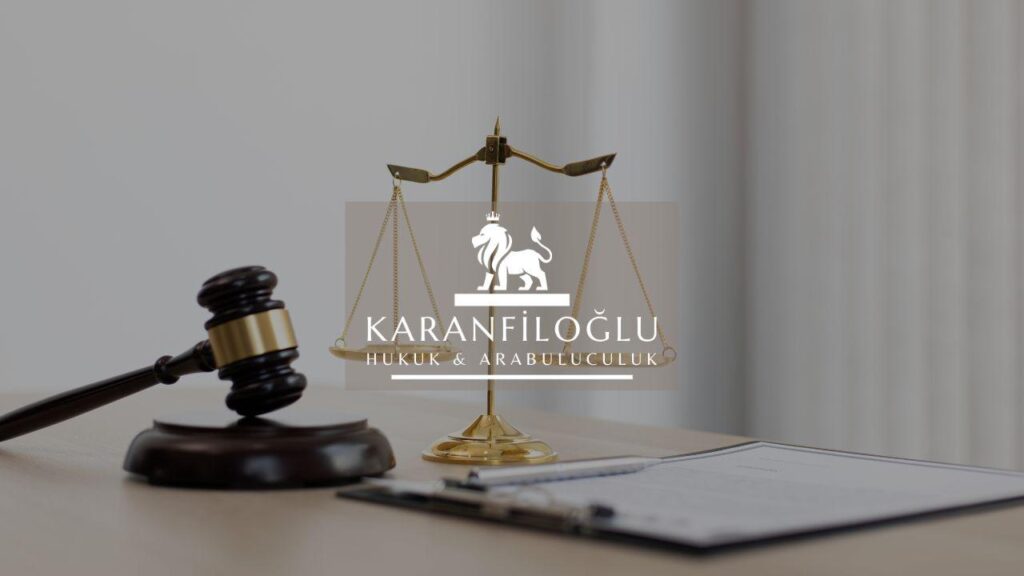When navigating the intricate landscape of intellectual property licensing agreements in Turkey, it is essential to understand the legal framework that governs these transactions, as defined by the Turkish Industrial Property Code No. 6769. This legislation provides a comprehensive basis for ensuring that both proprietary rights and interests are robustly protected, while also fostering innovation and fair use. Licensing agreements serve as a crucial tool in managing IP assets, by allowing rights holders to capitalize on their intellectual property while providing licensees access to valuable technology and trademarks. In Turkey, such agreements must adhere to the requirements laid out in Articles 148 to 160, which detail the necessary registration procedures, validity, and enforceability of these agreements. Partnering with a proficient law firm like Karanfiloglu Law Office can ensure that these transactions are structured effectively, mitigating risk and maximizing the strategic advantage offered by aptly crafted intellectual property licenses within the Turkish legal landscape.
Understanding Key Clauses in IP Licensing Agreements
Understanding key clauses in intellectual property licensing agreements is crucial for both licensors and licensees in Turkey to safeguard their interests and ensure compliance with Turkish law. Central to these agreements are clauses defining the scope of the license, including the rights granted, the geographical limitations, and the terms of use, as explicitly addressed in Article 148 of the Turkish Industrial Property Code No. 6769. Moreover, payment terms and royalty structures are pivotal considerations, outlining the financial commitments required from the licensee and any compensation mechanisms for the licensor. Additionally, clauses on liability limitation, quality control measures, and termination conditions are vital for mitigating risks and ensuring sustained cooperation, as these elements can significantly impact the enforceability and duration of the agreement under Turkish legal provisions. Karanfiloglu Law Office can assist in meticulously drafting these clauses to align with best practices and statutory requirements, thereby enhancing both protection and profitability for our clients.
Another critical element in crafting effective IP licensing agreements is ensuring clear provisions regarding the confidentiality and protection of trade secrets, which are essential for maintaining a competitive edge in the market. Article 152 of the Turkish Industrial Property Code No. 6769 specifically underscores the importance of safeguarding confidential information shared during the course of the licensing relationship. This includes establishing boundaries for the use and disclosure of sensitive data and implementing stringent measures for managing breaches of confidentiality. In addition, enforcement mechanisms must be robustly defined to ensure any unauthorised disclosure or misuse of confidential information can be promptly addressed, thus preserving the intellectual property’s value. Such clauses not only protect the licensor’s proprietary interests but also instill confidence in the licensee, fostering an environment of trust and collaboration. Karanfiloglu Law Office has the expertise to draft these critical confidentiality clauses to meet Turkish legal standards, ensuring they effectively mitigate risks associated with the loss of valuable trade secrets.
Effective dispute resolution mechanisms are paramount in intellectual property licensing agreements to address conflicts that may arise between parties and ensure the ongoing viability of the business relationship. Articles 154 to 156 of the Turkish Industrial Property Code No. 6769 delineate the procedures for resolving disputes, including the choice of jurisdiction and applicable law, which must be clearly articulated within the agreement. Alternatives such as arbitration or mediation should be considered to offer flexible, efficient, and less adversarial pathways compared to traditional litigation, thus preserving business relationships. The intellectual property landscape in Turkey often demands swift and decisive action in dispute situations to prevent significant financial and reputational damage. By incorporating a well-defined dispute resolution strategy, parties can better manage and mitigate potential disagreements, reinforcing a stable partnership. At Karanfiloglu Law Office, we specialize in crafting bespoke resolution clauses tailored to meet the strategic needs of our clients, ensuring alignment with local legal requirements while promoting equitable resolutions.
Navigating Regulatory Compliance in Turkey
Navigating regulatory compliance in Turkey involves a detailed understanding of the specific provisions governing intellectual property rights under the Turkish Industrial Property Code No. 6769. Key considerations include ensuring that licensing agreements are adequately detailed to encompass the scope and duration of use, which are critical under Articles 148 to 160. Compliance with these articles necessitates registering the licensing agreements with the Turkish Patent and Trademark Office to ensure their validity and enforceability. Failing to adhere to the procedural requirements can result in the agreements being deemed unenforceable, leaving the rights holder and licensee vulnerable to legal disputes. Additionally, the licensor must ensure that the agreement does not contain anti-competitive clauses that could be challenged under Turkish Competition Law. Partnering with an expert legal advisor, like Karanfiloglu Law Office, provides the necessary guidance to navigate these complex legal requirements, ensuring that your IP licensing strategies are both compliant and strategically sound.
Moreover, the effective management of royalty structures and payment terms is pivotal in licensing agreements under Turkish law. Article 150 of the Industrial Property Code mandates that such financial arrangements are clearly articulated within the contract to avoid ambiguity that could lead to potential disputes. It is also essential for licensors to maintain compliance with Turkish tax regulations, which require proper documentation and reporting of all revenues generated through licensing agreements. This includes understanding the implications of withholding taxes and value-added tax (VAT) on cross-border transactions, particularly relevant when dealing with international licensees. Karanfiloglu Law Office can provide vital assistance in structuring these financial details to adhere to statutory requirements, while also aligning with the broader strategic goals of your business. By addressing these financial aspects meticulously, licensors and licensees can ensure that their agreements yield mutual benefits without unwarranted fiscal liabilities.
In addition to clear financial and competitive considerations, attention must also be given to the protection and enforcement strategies embedded in the intellectual property licensing agreements. Articles 152 and 153 of the Turkish Industrial Property Code highlight the necessity for clear delineation of the parties’ responsibilities regarding the enforcement of IP rights, emphasizing the importance of establishing a framework for addressing potential infringements. It’s imperative to stipulate mechanisms for dispute resolution, such as arbitration clauses, which can be integral in preempting conflicts and ensuring swift resolutions without resorting to costly litigation. Furthermore, with the rise of digital platforms, online enforcement measures should be considered to safeguard against unauthorized use. By engaging with a skilled law firm like Karanfiloglu Law Office, you can ensure that these elements are comprehensively covered, thus embedding resilience and agility into your IP strategy while adhering to the evolving legal standards in Turkey.
Effective Strategies for Enforcing IP Rights
To effectively enforce intellectual property rights within the scope of licensing agreements in Turkey, it is essential to incorporate precise terms that define the scope of use, limitations, and specific obligations of both licensors and licensees. Articles 149 and 150 of the Turkish Industrial Property Code No. 6769 underscore the importance of clear provisions regarding the duration, geographical reach, and field of use of the licensed rights, ensuring that any breach or misuse can be swiftly identified and addressed. By embedding explicit dispute resolution mechanisms, such as arbitration clauses that align with Article 152, licensors and licensees can anticipate potential conflicts and resolve them expediently and cost-effectively. Furthermore, maintaining rigorous oversight and monitoring mechanisms, as suggested by Article 154, can aid in detecting unauthorized use or infringement, thus safeguarding the licensor’s investment and strategic interests. Engaging expert legal counsel from Karanfiloglu Law Office can further strengthen these agreements, ensuring that they provide robust protection and align with both the letter and spirit of Turkish IP law.
Another vital aspect of enforcing IP rights in licensing agreements is the proper registration and recordation of licenses with the Turkish Patent and Trademark Office as stipulated by Articles 155 and 156 of the Industrial Property Code No. 6769. Such registration not only substantiates the licensor’s claim over the intellectual property but also has a binding effect on third parties, thereby providing an additional layer of legal protection. Effective registration ensures that the license is publicly recorded, which is instrumental in preventing unauthorized claims by third parties and establishing priority in legal disputes over uses of the licensed IP. Equally crucial is ensuring that the terms of the license agreement are meticulously documented, laying out the specifics of the rights conveyed and any restrictions or obligations imposed on the licensee. Karanfiloglu Law Office can assist clients in preparing well-structured, comprehensive agreements that are duly registered, thereby enhancing the enforceability and legitimacy of these licenses under Turkish law.
To further bolster the enforcement of IP rights under licensing agreements in Turkey, it is imperative to utilize the enforcement provisions laid out in Articles 157 and 158 of the Turkish Industrial Property Code No. 6769, which provide mechanisms for both civil and criminal remedies in cases of infringement. These articles empower licensors to seek injunctive relief, damage compensation, and the seizure and destruction of counterfeit goods, thereby acting as a formidable deterrent against breaches. Additionally, the proactive engagement in awareness campaigns and education for licensees regarding the significance of adhering to these legal obligations can lower the incidence of potential infringements. Regular audits and compliance checks, facilitated by experienced legal advisors such as those at Karanfiloglu Law Office, can ensure adherence to the agreed-upon terms, thereby safeguarding the IP’s validity and commercial value. Employing these comprehensive strategies promotes a culture of respect for intellectual property, ensuring ongoing compliance and the robust enforcement of rights within Turkey’s legal framework.
Disclaimer: This article is for general informational purposes only and you are strongly advised to consult a legal professional to evaluate your personal situation. No liability is accepted that may arise from the use of the information in this article.







